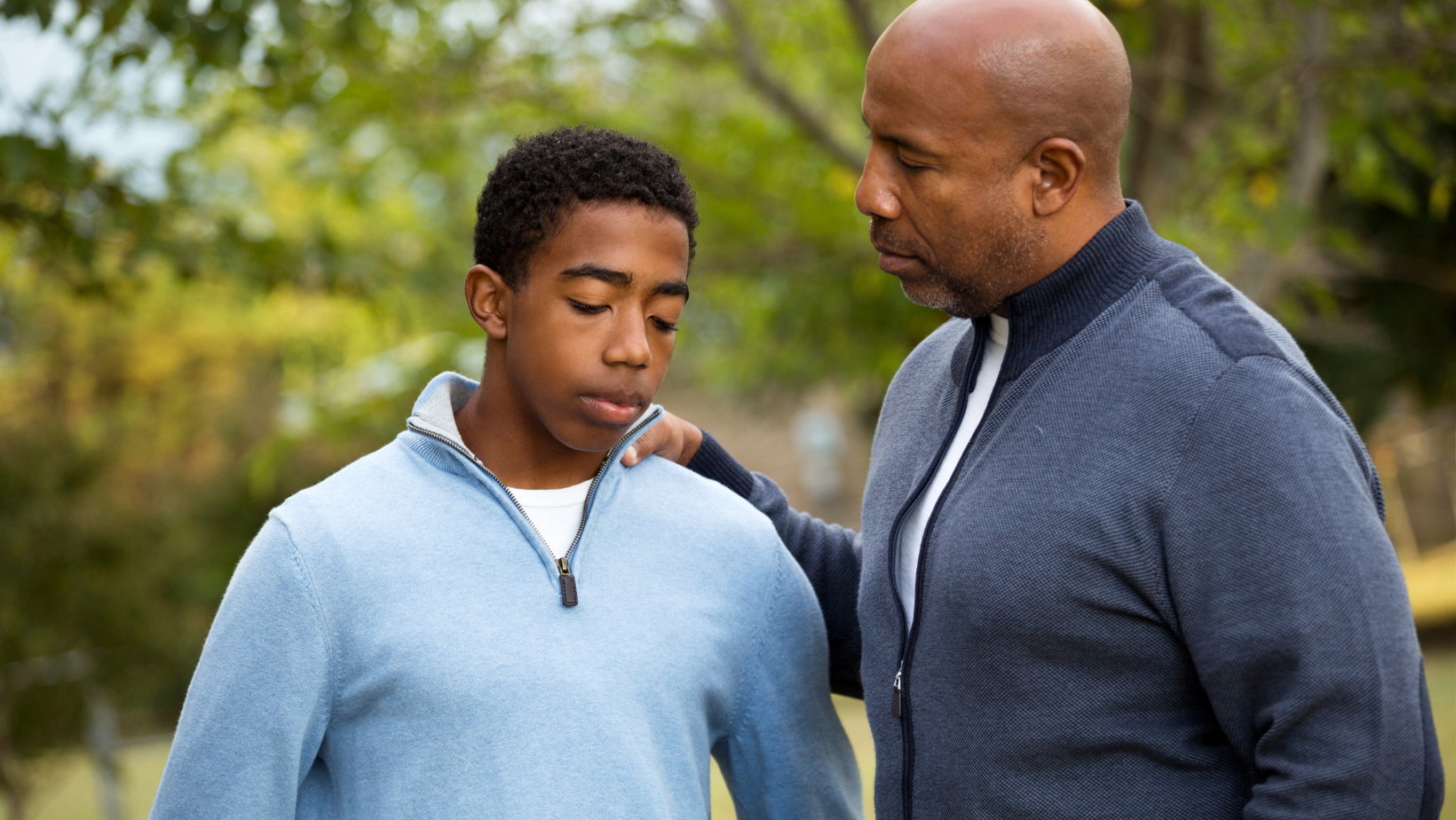In the pivotal stage of adolescence, teenagers often explore boundaries, sometimes leading to risky behaviors. Monitoring these behaviors has become a crucial concern for parents, educators, and society at large. But how does this surveillance impact the well-being of teens?
This article delves into the effects of how might monitoring risk behaviors affect the well-being of teens? It explores whether keeping a close eye on teens’ activities can help guide them towards healthier choices or if it might inadvertently stifle their growth and independence. Stay tuned as we unravel the complexities of this issue, offering insights from various perspectives, including psychology, education, and sociology.
How Might Monitoring Risk Behaviors Affect The Well-Being Of Teens?
Monitoring adolescent behavior plays a crucial role in enhancing the overall well-being of teenagers. By keeping a check on risk behaviors, parents, schools , and community bodies can significantly impact the health, academic performance, and social standing of teenagers. This monitoring can also aid in the early detection of issues such as mental health disorders, substance abuse, or antisocial behavior.
Parental Supervision
Parents bear the primary responsibility for monitoring their children’s activities and behavior. By carefully observing and guiding the day-to-day routines, they ensure that adolescents maintain healthy eating habits, participate in physical activities, and keep away from harmful substances. For instance, parents who ensure their children eat a balanced diet, exercise regularly, and get enough sleep help decrease risks associated with obesity, anxiety, and negligent behavior.
School and Community Surveillance
 Schools and community bodies, too, play a crucial role in monitoring at-risk behavior in teenagers. Schools offer an excellent platform for observing academic performance, class behavior, peer interaction, and the overall demeanor of teens. For example, schools implementing comprehensive intervention programs can quickly identify potential problems such as learning disabilities, aggressive conduct, or bullying. Vanessa James, a math tutor in Marietta, shares her thoughts on how creating a supportive environment helps students thrive. She emphasizes the importance of building trust while setting boundaries, reinforcing the idea that schools and educators play a vital role in fostering a healthy balance of guidance and autonomy for teens
Schools and community bodies, too, play a crucial role in monitoring at-risk behavior in teenagers. Schools offer an excellent platform for observing academic performance, class behavior, peer interaction, and the overall demeanor of teens. For example, schools implementing comprehensive intervention programs can quickly identify potential problems such as learning disabilities, aggressive conduct, or bullying. Vanessa James, a math tutor in Marietta, shares her thoughts on how creating a supportive environment helps students thrive. She emphasizes the importance of building trust while setting boundaries, reinforcing the idea that schools and educators play a vital role in fostering a healthy balance of guidance and autonomy for teens
Community surveillance can further bolster these efforts by offering counseling, workshops, and support groups creating an informed and supportive neighborhood environment.
Benefits of Monitoring Teen Risk Behaviors
Prevention of Harmful Outcomes
Vigilance over teen risk behaviors plays a crucial part in curbing potential ramifications. For instance, keeping a watch on poor dietary habits can stop them from escalating into obesity and related illnesses. Conversely, monitoring risky driving behaviors can potentially thwart deadly accidents. In 2018, 2,121 adolescents between 13 and 19 lost their lives due to car accidents, a tragedy disclosed by the Insurance Institute for Highway Safety. Therefore, proactive surveillance aids in putting the brakes on harmful outcomes.
Supportive Interventions
 Observation of teen behaviors opens doors to timely and critical interventions. Frequent encounters with substance abuse instances, for instance, demand immediate professional aid. Licensing of Therapists in Substance Use Disorders has seen a 34.2% hike from 2003 to 2020, as projected by the Substance Abuse and Mental Health Services Administration. This trend signifies the rising need and success of therapeutic interventions in the face of negative adolescent behaviors. Proper monitoring hence facilitates the timely introduction of support structures, ensuring the well-being of teenagers.
Observation of teen behaviors opens doors to timely and critical interventions. Frequent encounters with substance abuse instances, for instance, demand immediate professional aid. Licensing of Therapists in Substance Use Disorders has seen a 34.2% hike from 2003 to 2020, as projected by the Substance Abuse and Mental Health Services Administration. This trend signifies the rising need and success of therapeutic interventions in the face of negative adolescent behaviors. Proper monitoring hence facilitates the timely introduction of support structures, ensuring the well-being of teenagers.
Potential Drawbacks of Excessive Monitoring
Privacy Concerns
While supervision is crucial, over-monitoring may infringe on a teenager’s sense of privacy. Privacy, according to privacy-related research from the University of California, Berkeley, serves as a cornerstone for an individual’s personal development and autonomy. Intruding upon a teenager’s privacy without their knowledge or consent may lead to feelings of resentment and pushback.
Impact on Teen Autonomy and Trust
 Over-monitoring may also negatively affect teenager’s autonomy and trust in their parents or caregivers. A peer-reviewed study from the Journal of Adolescence found that excessive parental control can stifle a teen’s sense of independence and foster mistrust.
Over-monitoring may also negatively affect teenager’s autonomy and trust in their parents or caregivers. A peer-reviewed study from the Journal of Adolescence found that excessive parental control can stifle a teen’s sense of independence and foster mistrust.
A teenager’s exploration of self and boundaries represents a critical aspect of their growth and development. Excessive monitoring potentially stymies this process, leading to strained relationships, reduced self-confidence, or even defiant behavior.
All You Need to Know
How might monitoring risk behaviors affect the well-being of teens? is indeed a vital question for their well-being. Yet, it’s not about keeping them under constant surveillance but striking a balance between supervision and their autonomy. It’s about fostering trust and open communication, which can effectively manage these behaviors. By providing information on consequences, we can guide them towards healthy decision-making without instilling fear.
